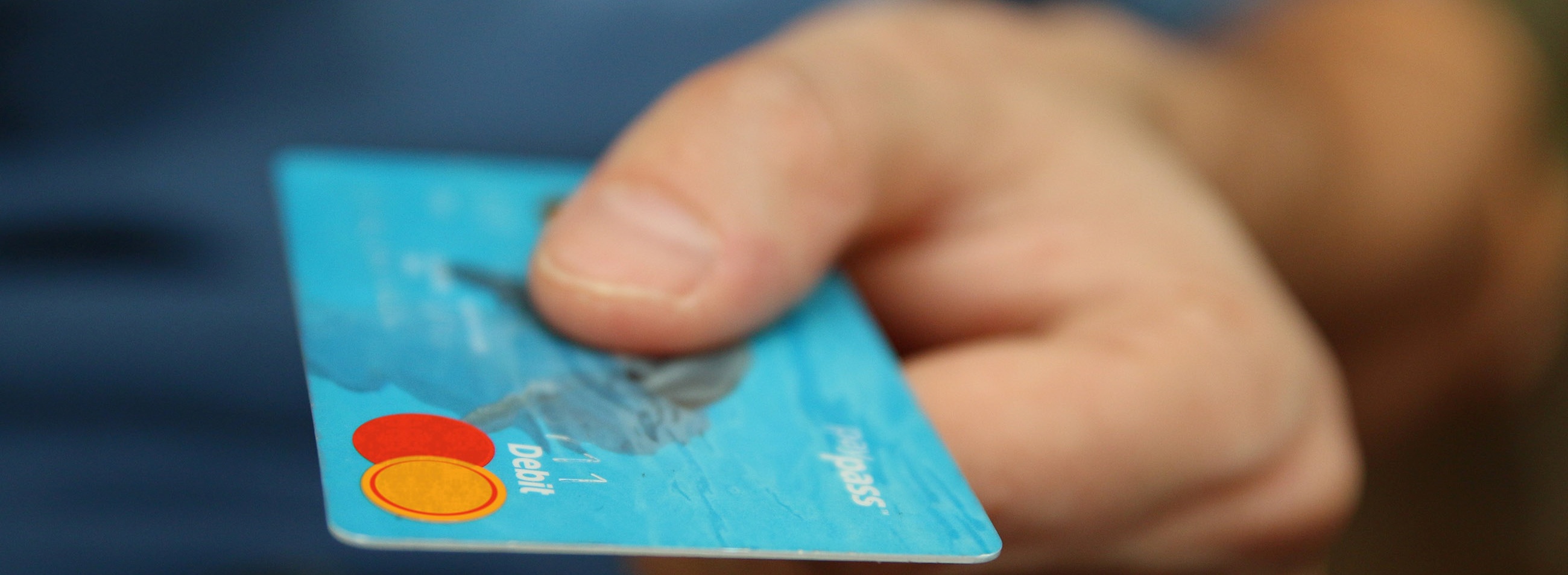Best Foods to Eat Before Bed

Getting good sleep is incredibly important for your overall health.
It may reduce your risk of developing certain chronic illnesses, keep your brain and digestion healthy and boost your immune system.
It's generally recommended to get between 7 and 9 hours of uninterrupted sleep each night, though many people struggle to get enough.
There are many strategies you can use to promote good sleep, including making changes to your diet, as some foods have sleep-promoting properties.
Here are the 9 best foods you can eat before bed to enhance your sleep quality.
Almonds
Almonds are a type of tree nut with many health benefits.
They are an excellent source of many nutrients, as one ounce contains 14% of your daily needs for phosphorus, 32% for manganese and 17% for riboflavin.
Also, eating almonds regularly has been associated with lower risks of a few chronic diseases, such as type 2 diabetes and heart disease. This is attributed to their content of healthy monounsaturated fat, fiber and antioxidants.
It has been claimed that almonds may also help boost sleep quality.
This is because almonds, along with several other types of nuts, are a source of the sleep-regulating hormone melatonin.
Almonds are also an excellent source of magnesium, providing 19% of your daily needs in only 1 ounce. Consuming adequate amounts of magnesium may help improve sleep quality, especially for those who have insomnia.
Magnesium’s role in promoting sleep is thought to be due to its ability to reduce inflammation. Additionally, it may help reduce levels of the stress hormone cortisol, which is known to interrupt sleep.
Yet despite this, research on almonds and sleep is sparse.
One study examined the effects of feeding rats 400 mg of almond extract. It found that the rats slept longer and more deeply than they did without consuming almond extract.
The potential sleep-promoting effects of almonds are promising, but more extensive human studies are needed.
If you want to eat almonds before bed to determine if they impact your sleep quality, a 1-ounce (28-gram) serving, or about a handful, should be adequate.
Chamomile Tea
Chamomile tea is a popular herbal tea that may offer a variety of health benefits.
It is well known for its content of flavones, a class of antioxidants that reduce inflammation that often leads to chronic diseases, such as cancer and heart disease.
There is also some evidence that drinking chamomile tea may boost your immune system, reduce anxiety and depression and improve skin health. In addition, chamomile tea has some unique properties that may improve sleep quality.
Specifically, chamomile tea contains apigenin, an antioxidant that binds to certain receptors in your brain that may promote sleepiness and reduce insomnia.
One study in 34 adults found those who consumed 270 mg of chamomile extract twice daily for 28 days fell asleep 15 minutes faster and experienced less nighttime wakening, compared to those who did not consume the extract.
Another study found that women who drank chamomile tea for two weeks reported improved sleep quality, compared to non-tea drinkers.
Those who drank chamomile tea also had fewer symptoms of depression, which is commonly associated with sleep problems.
Drinking chamomile tea before going to bed is certainly worth trying if you want to improve the quality of your sleep.
Kiwi
Kiwis are a low-calorie and very nutritious fruit.
One medium kiwi contains only 50 calories and a significant amount of nutrients, including 117% of your daily needs for vitamin C and 38% for vitamin K.
It also contains a decent amount of folate and potassium, as well as several trace minerals (28).
Furthermore, eating kiwis may benefit your digestive health, reduce inflammation and lower your cholesterol. These effects are due to the high amount of fiber and carotenoid antioxidants that they provide.
According to studies on their potential to improve sleep quality, kiwis may also be one of the best foods to eat before bed.
In a four-week study, 24 adults consumed two kiwifruits one hour before going to bed each night. At the end of the study, participants fell asleep 42% more quickly than when they didn’t eat anything before bedtime.
Additionally, their ability to sleep through the night without waking improved by 5%, while their total sleep time increased by 13%.
The sleep-promoting effects of kiwis are thought to be due to their content of serotonin, a brain chemical that helps regulate your sleep cycle.
It has also been suggested that the antioxidants in kiwis, such as vitamin C and carotenoids, may be partly responsible for their sleep-promoting effects. This is thought to be due to their role in reducing inflammation.
More scientific evidence is needed to determine the effects that kiwis may have in improving sleep. Nevertheless, eating 1–2 medium kiwis before bed may help you fall asleep faster and stay asleep longer.
Fatty Fish
Fatty fish, such as salmon, tuna, trout and mackerel, are incredibly healthy.
What makes them unique is their exceptional vitamin D content. For example, a 3.5-ounce (100-gram) serving of salmon contains 525–990 IU of vitamin D, which is over 50% of your daily needs .
Additionally, fatty fish are high in healthy omega-3 fatty acids, specifically EPA and DHA, both of which are known for reducing inflammation. Omega-3 fatty acids may also protect against heart disease and boost brain health.
The combination of omega-3 fatty acids and vitamin D in fatty fish have the potential to enhance sleep quality, as both have been shown to increase the production of serotonin, a sleep-promoting brain chemical.
In one study, men who ate 300 grams of Atlantic salmon three times a week for six months fell asleep about 10 minutes faster than men who ate chicken, beef or pork.
This effect was thought to be due to the vitamin D content of the salmon. Those in the fish group had higher levels of vitamin D, which was linked to a significant improvement in sleep quality.
Eating a few ounces of fatty fish before bed may help you fall asleep faster and sleep more deeply, but more studies are needed to make a definite conclusion about the ability of fatty fish to improve sleep.
Walnuts
Walnuts are a popular type of tree nut.
They are abundant in many nutrients, providing over 19 vitamins and minerals, in addition to 2 grams of fiber, in a 1-ounce (28-gram) serving. Walnuts are particularly rich in magnesium, phosphorus, copper and manganese.
Additionally, walnuts are a great source of healthy fats, including omega-3 fatty acids and linoleic acid. They also provide 4 grams of protein per ounce, which may be beneficial for reducing appetite.
Walnuts may also boost heart health. They have been studied for their ability to reduce high cholesterol levels, which are a major risk factor for heart disease.
What’s more, eating walnuts has been claimed to improve sleep quality, as they are one of the best food sources of the sleep-regulating hormone melatonin .
The fatty acid makeup of walnuts may also contribute to better sleep. They provide ALA, an omega-3 fatty acid that’s converted to DHA in the body. DHA may increase production of serotonin, a sleep-enhancing brain chemical.
Unfortunately, the claims about walnuts improving sleep are not supported by much evidence. In fact, there have not been any studies that focus specifically on walnut’s role in promoting sleep.
Regardless, if you struggle with sleep, eating some walnuts before bed may help. About a handful of walnuts is an adequate portion.
Other Foods That May Promote Sleep
Several other foods have sleep-promoting properties, but they have not been studied specifically for their effects on sleep.
Milk: Another known source of tryptophan, milk has been shown to improve sleep in the elderly, especially when taken along with melatonin and paired with exercise .
Bananas: Bananas contain tryptophan and are a good source of magnesium. Both of these properties may help you get a good night’s sleep.
Oatmeal: Similar to rice, oatmeal is high in carbs and has been reported to induce drowsiness when consumed before bed. Additionally, oats are a known source of melatonin.
Cottage cheese: Contains a significant amount of casein, which is a milk protein that is well known to sustain overnight muscle repair and growth when consumed before bed





